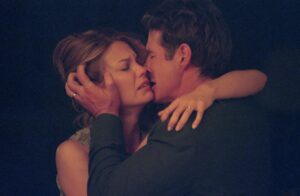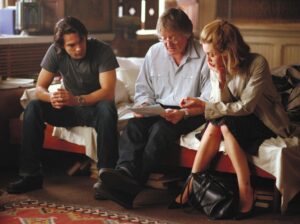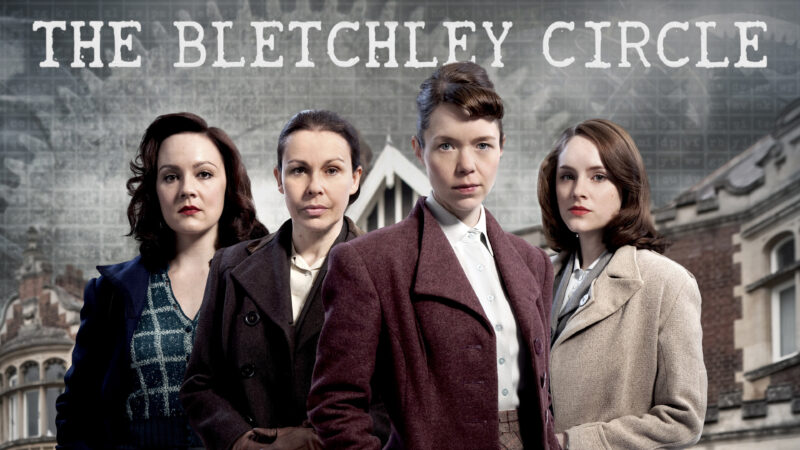“Unfaithful” (2002): A Slow-Burning Tragedy of Desire and Consequence

Adrian Lyne’s sensual psychological drama dissects the quiet collapse of a marriage consumed by forbidden passion.
The Setup: Suburban Stillness Disrupted
Set against the serene backdrop of suburban New York, Unfaithful introduces us to Connie Sumner (Diane Lane), a wife and mother living what appears to be a comfortable, settled life with her husband Edward (Richard Gere) and their young son. But when a chance encounter with a charismatic French bookseller, Paul Martel (Olivier Martinez), throws Connie into a passionate affair, the emotional equilibrium of her world begins to unravel.
What starts as flirtation soon spirals into something more intense—something that threatens the very foundation of her family. As Connie descends deeper into secrecy, Edward becomes increasingly suspicious, setting the stage for an emotional and moral reckoning neither of them could have foreseen.

Performance-Driven Drama: Lane’s Career-Defining Role
Diane Lane delivers a hauntingly nuanced performance, capturing the full spectrum of Connie’s internal conflict. Her ability to convey guilt, longing, and desire with minimal dialogue—often through a glance, a breath, or a pause—cements this role as one of the most powerful of her career, earning her an Academy Award nomination.
Richard Gere offers a compelling counterbalance, transforming from a gentle, bewildered husband into a man consumed by betrayal. His arc is subtle yet devastating. Olivier Martinez, meanwhile, brings just the right mix of allure and danger to Paul—a man whose presence is as intoxicating as it is destabilizing.

Visuals and Mood: Lyne’s Signature Sensuality
Director Adrian Lyne is no stranger to stories of infidelity (Fatal Attraction, Indecent Proposal), but Unfaithful is perhaps his most emotionally resonant work. Using mirrors, reflective surfaces, and lingering close-ups, Lyne mirrors the psychological fragmentation of his characters. The cinematography is elegant yet suffocating, capturing the allure and tension of every stolen moment.
Jan A.P. Kaczmarek’s evocative score adds to the mood, creating a soundscape that drips with melancholy and suspense. The result is a film that feels both intimate and theatrical—emotionally raw yet visually composed.

Themes: Trust, Temptation, and Moral Complexity
Unfaithful is more than just a film about adultery; it’s a meditation on the fragility of trust and the unpredictable consequences of passion. It explores how easily routine can be shattered, how deep emotions can run beneath the surface of seemingly ordinary lives, and how one choice—made in a moment of weakness or longing—can send shockwaves through everything we hold dear.
The film doesn’t offer easy answers. Instead, it lingers in ambiguity, forcing the audience to confront uncomfortable truths about love, fidelity, and human fallibility.

Final Thoughts: A Mature, Elegant Thriller
With Unfaithful, Adrian Lyne crafts a taut, emotionally rich drama that seduces as much as it unsettles. Elevated by exceptional performances and a masterful sense of tone, the film stands as one of the most quietly devastating explorations of infidelity in modern cinema.
It’s a story that simmers long after the credits roll—a reminder that beneath the surface of even the most perfect life, something dangerous might be waiting to break free.
Watch full moive:





